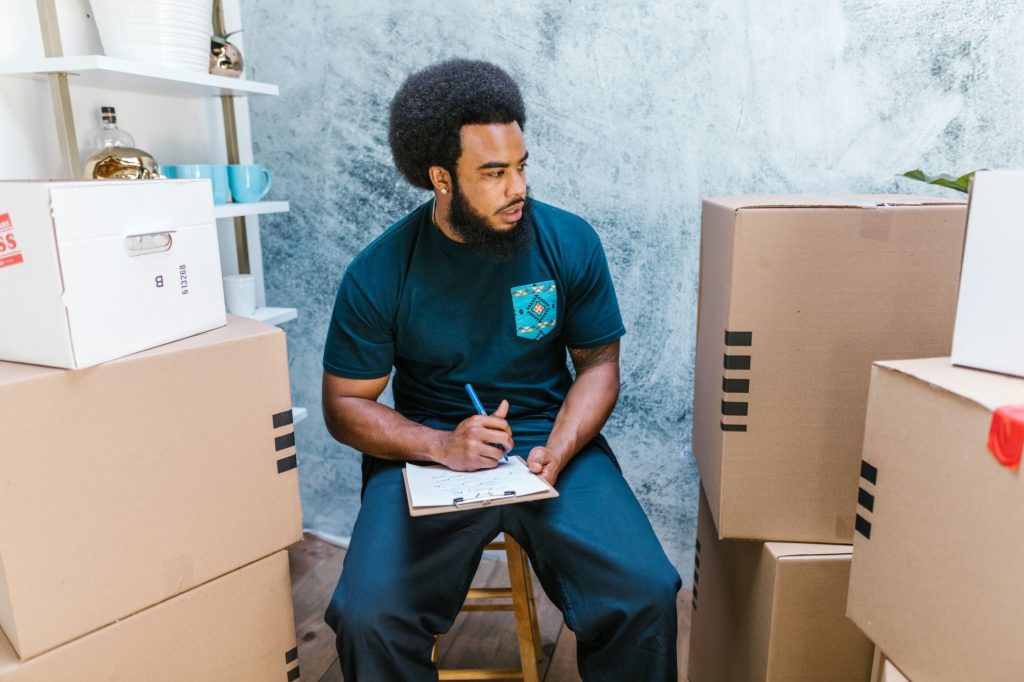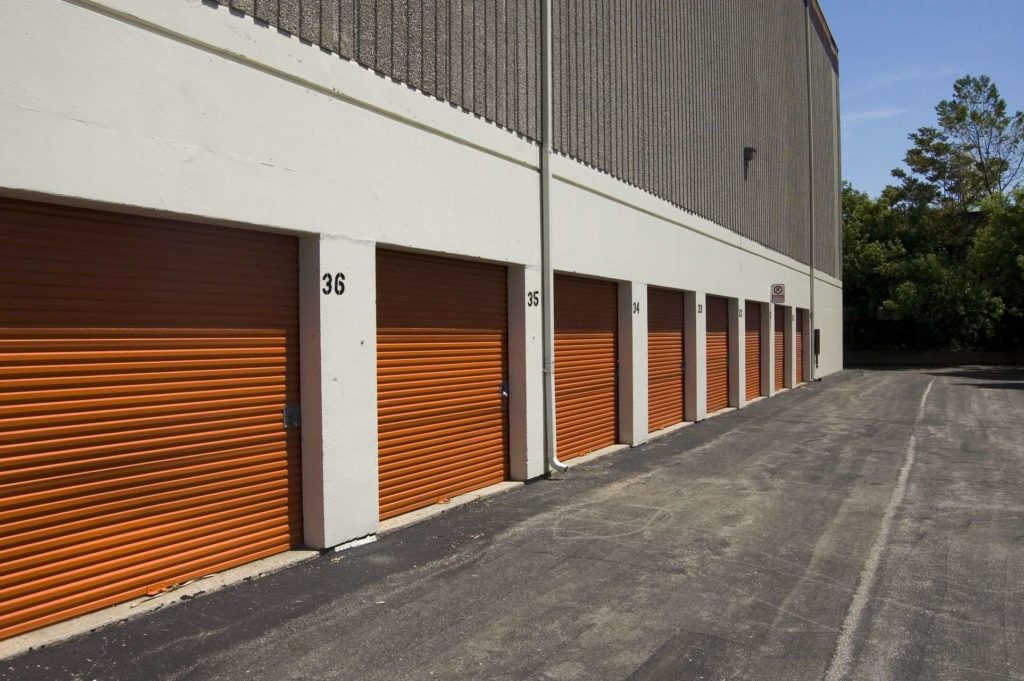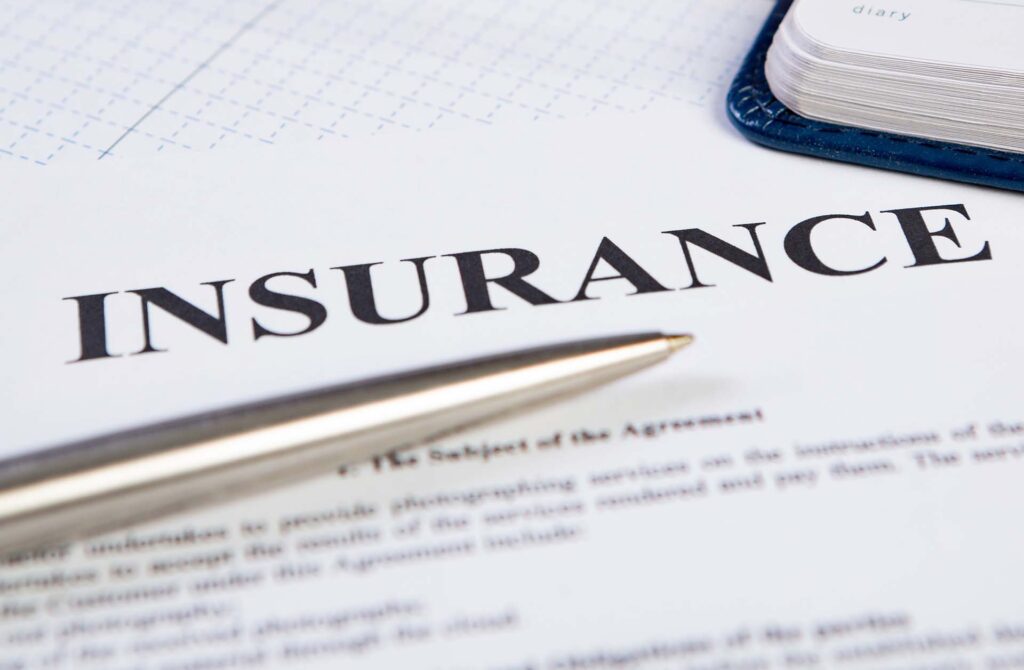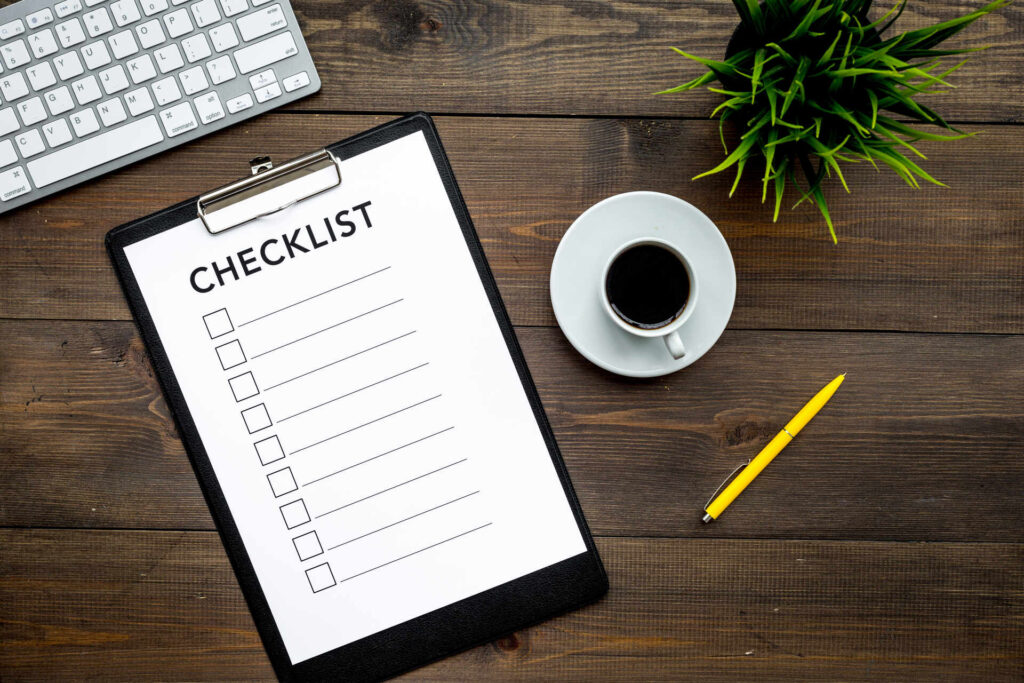If you’re planning a long-distance relocation, having a checklist for moving to another state should be one of your priorities in this challenging process, up there with employing proper packing techniques, and hiring reliable movers.
A fresh beginning means a start from scratch. There are more tasks you need to complete other than simply packing your things into a truck and sending them off. A detailed preparation of your activities leading up to the moving day and the initial period after it are just as important, if not more.
Since relocating by itself is demanding and takes a lot of energy, time, and patience, a checklist is the best solution regardless of whether you’re doing everything on your own or hiring professionals for the job. Let’s find out more about the importance of such a checklist and all the steps that should be performed before, on, and immediately after the moving day.
Why Is a Checklist for Moving to Another State Important
The importance of a checklist is undeniable since it serves several purposes:
- It can tell you what items you should take with you if you attach an inventory list to it.
The less you pack to transport, the less expensive the relocation will be in the end.
- You can use it to keep track of the tasks that will need to be accomplished before, during, and after the relocation.
- It can help you hammer out a realistic and sustainable budget.
When structuring your list, either on a piece of paper or a computer, leave a lot of blank space. That’s how you’ll be able to take notes in between everything and add something in case you have forgotten about it.

What Should You Prepare 8 Weeks Before Your Move
During this period, you’ll be preparing to prepare, to put it like that. You should focus your activity on organizing and planning the entire relocation process, which includes the items without which it wouldn’t be possible.
Organize Your Documents
One of the primary tasks has to do with organizing all the essential documents. A great way to gather them in one place is to use a moving binder. Having your important paperwork assembled in one place can relieve some stress and clear your mind.
Explore Your New City and Neighborhood
How to move to a new state if you don’t know what kind of lifestyle and living standard you can expect there? Doing some research beforehand will help you find out what the schools, culinary scene, neighborhood, and other amenities are like.
Obtain Moving Supplies
If you’re relocating DIY, think about what kind of supplies to get in time. Ask your friends and family if they have some moving boxes or packing paper they don’t use anymore and can give you for free. Also, local liquor stores might provide you with reliable and sturdy cardboard boxes. Stay up-to-date with discounts in stores and purchase packing materials at a bargain.
Set a Realistic Moving Budget
Before all the confusion and chaos enter your life, it may be prudent to set your budget. Besides relocation expenses, include the costs of everyday life – how much you can spend on housing, groceries, commuting, entertainment, etc.

6 Weeks Before the Move – It’s Time to Think About Your Vehicle and Declutter
Are you thinking about hiring a trustworthy moving service provider who can also ship your car to another state? If so, now is the right time to work out the details of auto transport, schedule the car shipment, check if you need a new driver’s license, and so on.
Research Moving Companies and Schedule an Official Date for the Move
And for your household belongings, it’s of utmost importance to find trustworthy, dependable, and legitimate movers. Select several options that you like the most, check reviews, ask for free quotes, compare their prices, and pick the one that suits you the most. Have in mind that the period from May to September is the busiest for movers and also the most expensive one.
Declutter Your Belongings
The best time for decluttering, sorting, and getting rid of unnecessary items is a few weeks before the move. Consider selling or donating those possessions you don’t need anymore, but can otherwise be useful to other people. That can help you downsize your home and pay less for transport if it’s charged by weight or the number of belongings.

Think About Your New Environment One Month Prior to the Big Day
By now, the most pivotal issues should be taken care of, and big decisions made. It’s an ideal period to think about your prospective city and the obligations that you should honor before entering your next home.
Contact Utility Companies in Your Current and Future State
Nobody likes spending hours, let alone days in a home without electricity, water, or the Internet. Or paying two utility bills. That’s why your utility providers, the present and the future one, should be familiar with your change of address and the move-out and move-in date.
Rent a Storage Unit
When renting a storage unit, don’t wait until the last minute. Spend some time thinking about whether you need it or not. You might find this service useful in case of a temporary move or relocation to a smaller home for a few years.

14 Days Before the Long-Distance Relocation
Your Big Day is getting closer. So, there’s no time for procrastination – make more specific plans and include tasks related to your bank and cell phone providers. For instance, give them the necessary data and information about your new place of residence.
Essential Step – Confirm Your Relocation Day With the Moving Company
Working out all the final details with your mover should be a mandatory step before doing anything else. Don’t wait until the last moment to find out that something went wrong. Removal companies have many clients relocating all the time, and unintentional omissions are possible.
Start Packing Two Weeks Before
Except for the essential stuff, it’s never too early to start packing, and the ideal timing is two weeks before move-out. Create your inventory list, define the proper labeling method, and start filling boxes. In case you have fragile or sensitive items, such as chandeliers or electronics, professional packing might be the right choice.
Think About Renter’s Insurance
If you’re renting, contact your insurance company and arrange for your current insurance to be transferred to your future home.

There’s Only a Week Left
Having only seven days left before you begin your new chapter can evoke different feelings and moods. However, there’s no room for hesitation right now. Instead of thinking about how it’s going to be, turn your mind to more practical things, such as finishing your packing, or defrosting the freezer and cleaning the entire home.
Finish Things Related to Your Car
Your vehicle might be the last thing to think about, but it’s definitely one of the most valuable possessions you have. This is even more true if you’re planning to drive yourself and your family to the new home.
And if you’re planning on shipping your car, be familiar with all details about auto transport services and car insurance. Furthermore, clean it, check if there are hidden malfunctions, and speak with your carrier if there are additional loose ends that should be tied. In case you plan to sell it, transact now and schedule a pick-up truck afterward.
Pack Your First-Aid Kit and a Move-in Box
Safe relocation equals a successful relocation. Leave nothing to chance and create a first-aid kit that should contain bandages, antibacterial spray, medicines, medical tape, medical scissors, etc.
Also, of equal importance is a move-in box or bag where you should pack toiletries, spare clothes, snacks, one-pot meals, cutlery, and napkins. If your box has enough space, you can place a moving first-aid kit inside, too.

Contact the Post Office Several Days Before
To ensure that all mail is sent to your new and accurate address, you’ll need to update your place of residence with the USPS. You can do it online or go to the local post office in person and ask for the official change of address.

Move-Out and Move-In Day Have an Array of Must-Do Tasks
On these days, make sure that all the tasks on your checklist have been completed. Before leaving the house, do a final check:
- Make sure that a pathway from your house to the truck is clean and without obstacles
- Do a final examination of the entire house and check if you’ve forgotten some things to pack or throw
When entering your new apartment or house, there are some things which should be done shortly after moving in:
- Don’t forget to update your voter registration in the first few months after relocation
- Complete and update your car documentation
- Notify social security and other government institutions about your new address










